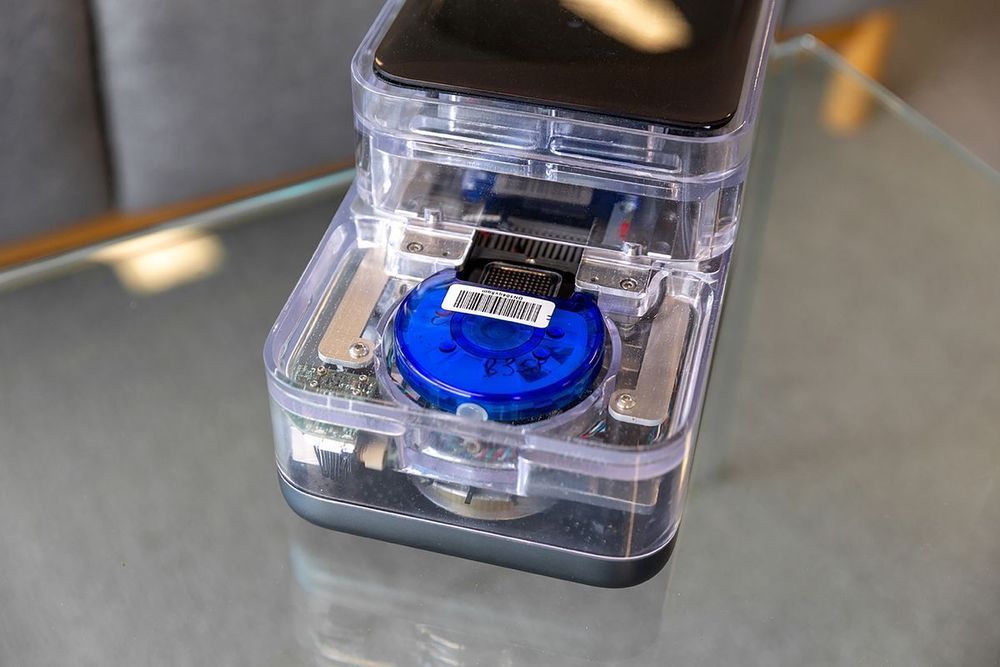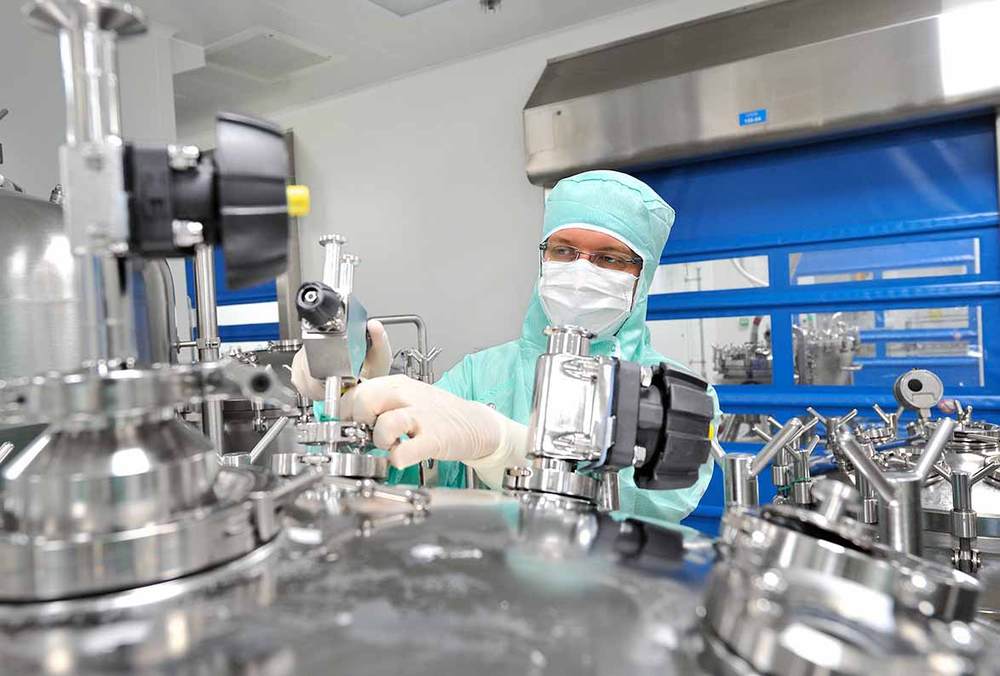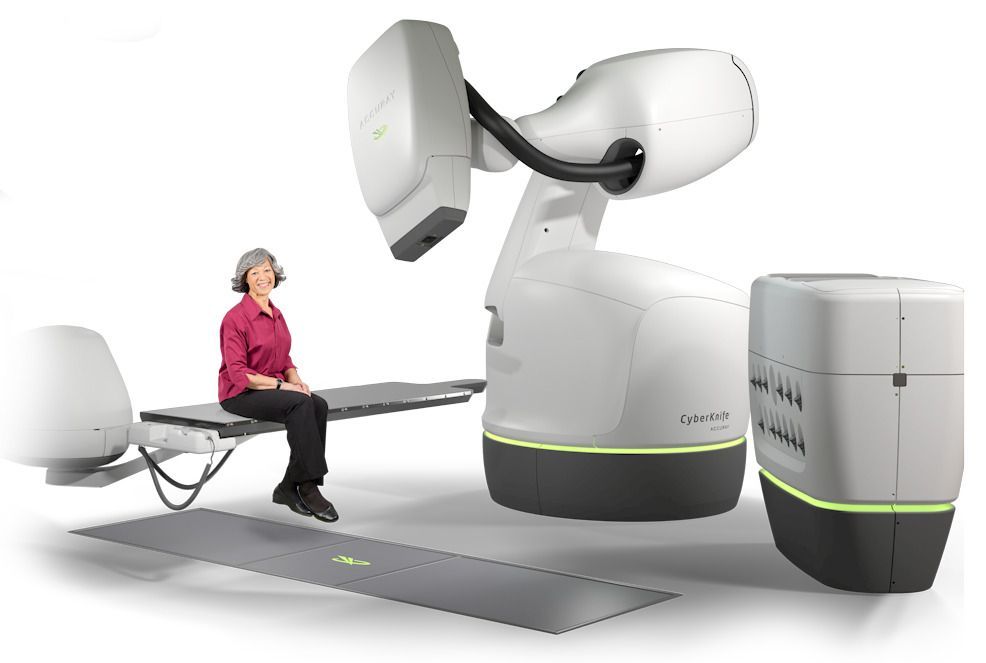Aug 7, 2020
Millions of Americans Have Lost Jobs in the Pandemic — And Robots and AI Are Replacing Them Faster Than Ever
Posted by Derick Lee in categories: biotech/medical, business, employment, government, health, internet, robotics/AI
Many organizations will likely look to technology as they face budget cuts and need to reduce staff. “I don’t see us going back to the staffing levels we were at prior to COVID,” says Brian Pokorny, the director of information technologies for Otsego County in New York State, who has cut 10% of his staff because of pandemic-related budget issues. “So we need to look at things like AI to streamline government services and make us more efficient.”
For 23 years, Larry Collins worked in a booth on the Carquinez Bridge in the San Francisco Bay Area, collecting tolls. The fare changed over time, from a few bucks to $6, but the basics of the job stayed the same: Collins would make change, answer questions, give directions and greet commuters. “Sometimes, you’re the first person that people see in the morning,” says Collins, “and that human interaction can spark a lot of conversation.”
But one day in mid-March, as confirmed cases of the coronavirus were skyrocketing, Collins’ supervisor called and told him not to come into work the next day. The tollbooths were closing to protect the health of drivers and of toll collectors. Going forward, drivers would pay bridge tolls automatically via FasTrak tags mounted on their windshields or would receive bills sent to the address linked to their license plate. Collins’ job was disappearing, as were the jobs of around 185 other toll collectors at bridges in Northern California, all to be replaced by technology.

















